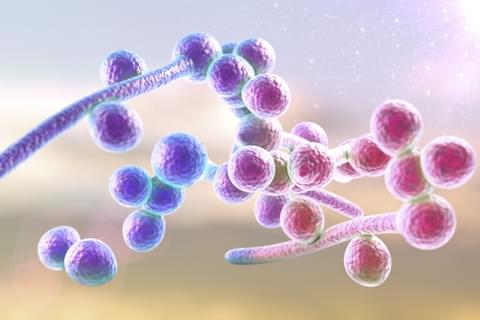

Biocatalysts Launch Lipomod® 833L2 for Egg Processing Market
Enzyme specialists, Biocatalysts Ltd, announce the launch of their new enzyme Lipomod® 833L2, a microbial phospholipase A2 enzyme.
Lipomod® 833L2 has been developed specifically for modifying egg yolks to produce lyso-lecithin to deliver superior emulsifying properties and improved heat stability, especially useful in mayonnaise and sauce manufacture.
Phospholipases can be used to hydrolyse phospholipid substrates. Phospholipase A2 is an enzyme that catalyses the hydrolysis of the fatty acid at position 2 of the phospholipid producing free fatty acids and lysophospholipids which provide many functional benefits to food ingredients.
Supported by the European Regional Development Fund.
Lipomod® 833L2 was developed as a microbial alternative to porcine-derived phospholipase A2 which has widely been used in the production of sauces and mayonnaise. To confirm Lipomod® 833L2 performed the same in application as animal phospholipase A2 and existing phospholipase A2 on the market, the enzymes underwent independent application trials carried out by food laboratory specialists, Campden BRI, and financially supported by the European Regional Development Fund.
The development of Lipomod® 833L2 also saw Biocatalysts Ltd adding a new yeast host, Yarrowia lipolytica, to its current range of expression hosts. The introduction of Yarrowia lipolytica meant Biocatalysts Ltd could achieve higher fermentation yields and activity of their new product, Lipomod® 833L2.
This product is an addition to Biocatalysts Ltd.’s extensive range of microbial enzymes, which have been developed to meet the growing demand for Kosher and Halal certified, and vegetarian products.

